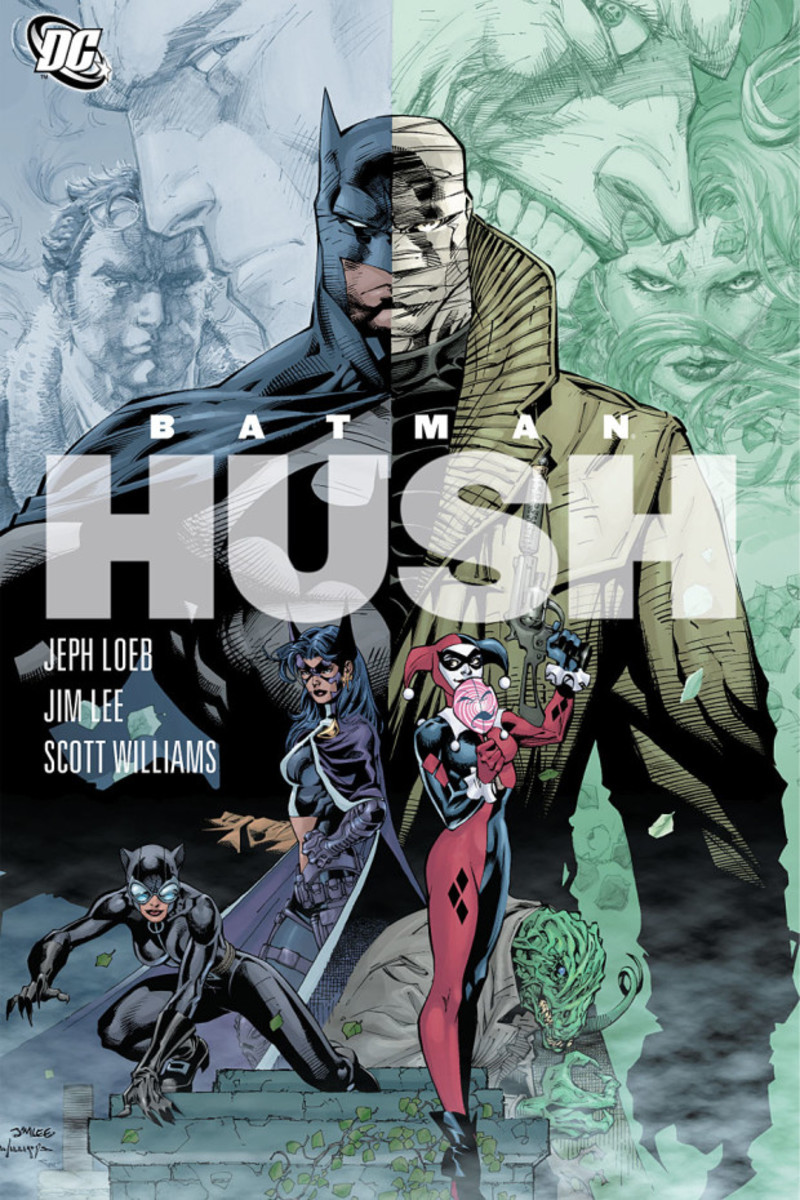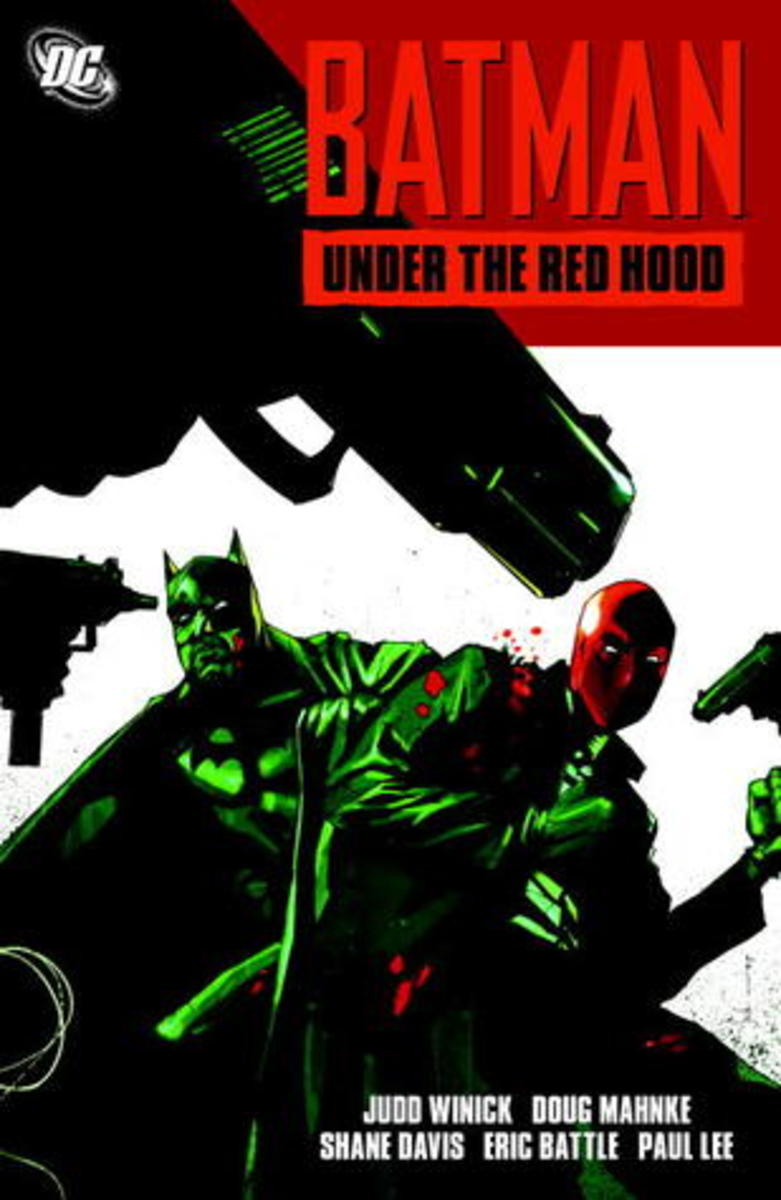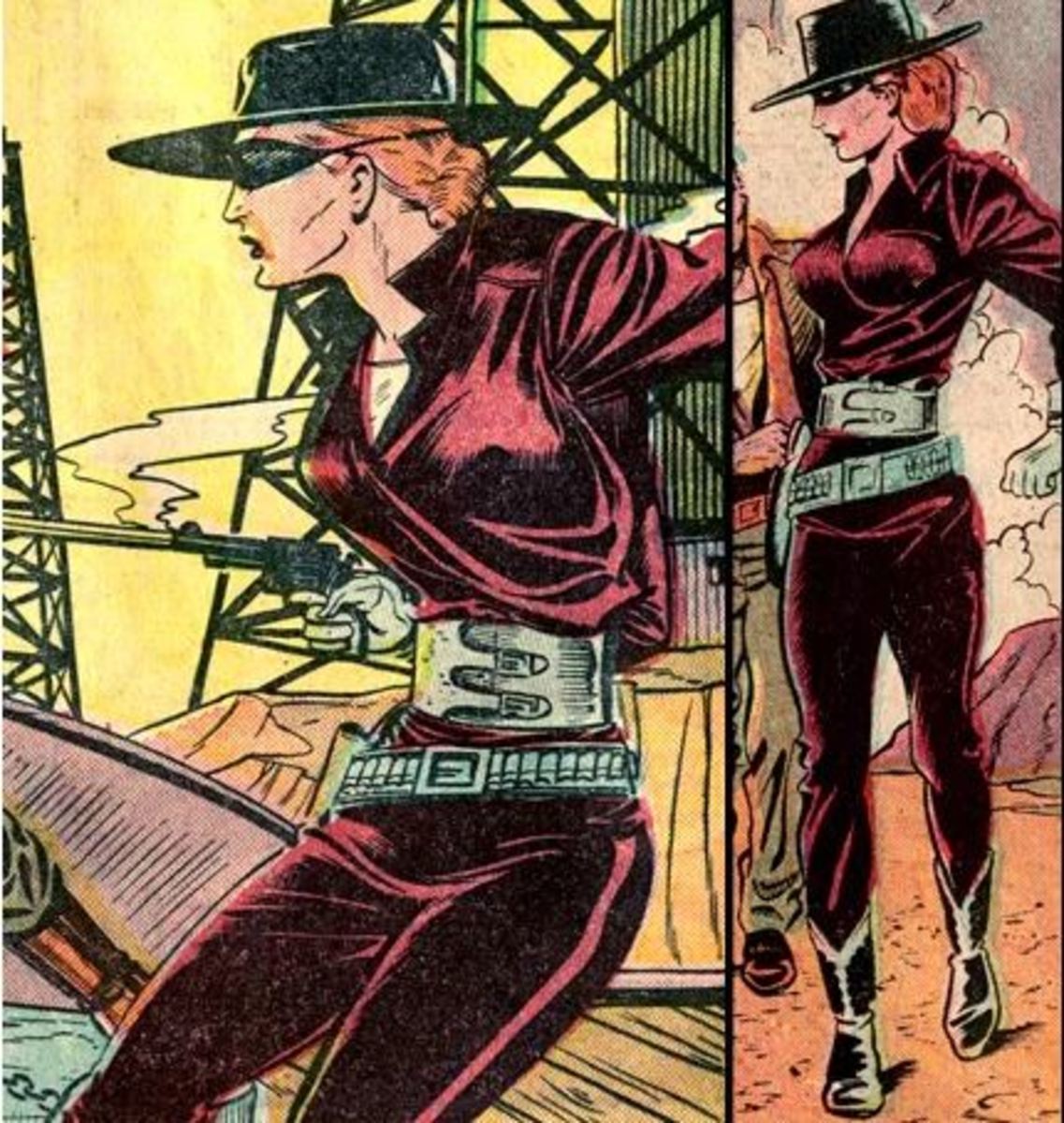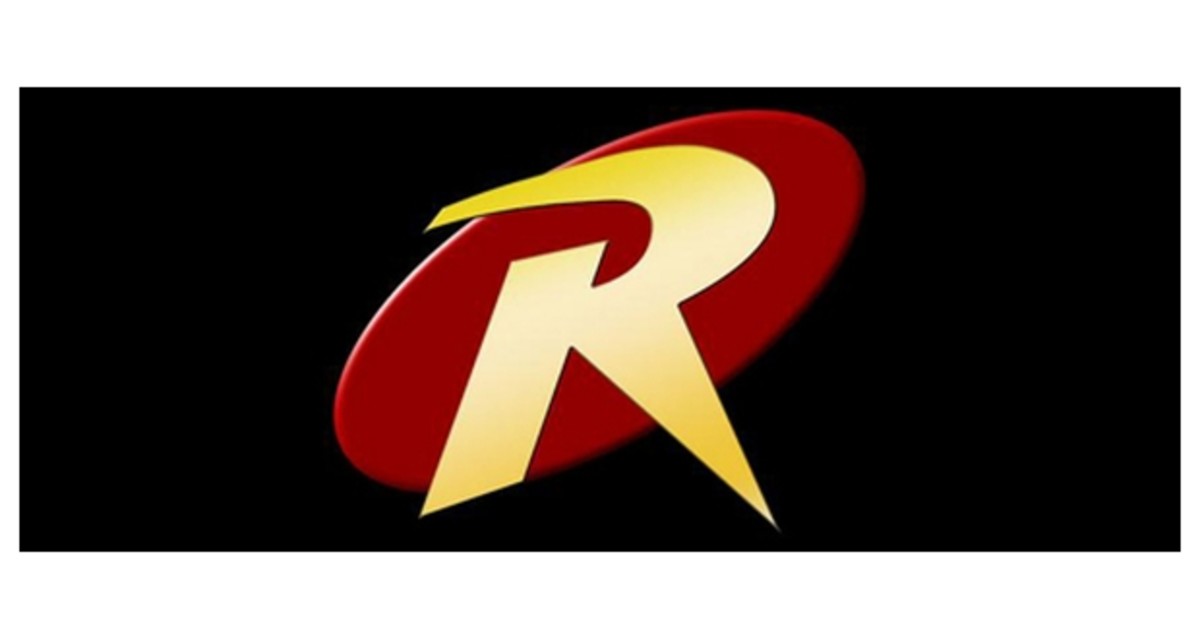Comic Book vs Graphic Novels
Defining Graphic Novels
What are graphic novels? Well, simply put, they are comic books. To some, such as marketers and comic book enthusiasts, graphic novels mean so much more.
According to Merriam-Webster Dictionary the term graphic novel is defined as a fictional story that is presented in comic book format and published as a book. Now, that's more of a broad definition for graphic novels so let's see if we can narrow it down a bit.
For comic book gurus or geeks, graphic novels are considered the gold standard of the comic book industry. For many comic fans, a graphic novel doesn't just tell a story. Much like a book, graphic novels have engrossing characters that flush out a much deeper story arc than the ordinary superhero comic book series.
Elizabeth Kennedy, author of the article What Exactly is a Graphic Novel, states that "It’s easy to get confused, though, because some people will still use comics for the whole genre or graphic novel for any comic-style work that’s handsomely published, even if it’s just a collection of superhero stories.”
Big time marketers and major comic book companies such as Marvel and DC comics exploit this confusion in order to boost sales and increase the popularity of a comic or comic book series.
Graphic Novels Definition by Alan Moore
"It's a marketing term that I never had any sympathy with. The term 'comic' does just as well for me. The problem is that 'graphic novel' just came to mean 'expensive comic book' and so what you'd get is people like DC Comics or Marvel Comics — because 'graphic novels' were getting some attention, they'd stick six issues of whatever worthless piece of crap they happened to be publishing lately under a glossy cover and call it The She-Hulk Graphic Novel."
~ Alan Moore
Examples of Graphic Novels
There is only one way to understand the difference between a standard comic book and a graphic novel...you must see it!
Graphic Novels:
Watchmen ~ written by Alan Moore. "Watchmen" is arguably the best graphic novel of all time. It's captivating, original, and grabs hold of the reader from the first page to the last.
Although, Watchmen was sold as a comic series, many critics and readers consider the book to be a literary masterpiece and most would agree that Watchmen sets the standard for all graphic novels.
Maus ~ created by Art Spiegelman. Maus is the first and only comic book to ever win a Pulitzer Prize.
Maus is a story about Art Spiegelman's father, Vladek Spiegelman. In the story, Art conducts a series of interviews with Vladek, chronicling details of his life. Vladek talks about his experiences as a Jewish prisoner during World War II and the horrific tragedies of the Holocaust.
In short, Maus is moving, touching, and touches the soul like no other comic book out there. Truthfully, Spiegelman could've written Maus in any format be it novel, movie script, HBO TV series, or comics. The fact that he chose to write it as a graphic novel speaks volumes because it presents a unique way to allow all audiences access to a great story.
Comic Books and Graphic Novels
Standard comic books, for lack of a better term, are comics that are usually presented in a series format. Meaning they usually last an entire season and contain many story arcs. Additionally, many of these comics are part of a bigger story arc, interconnecting one comic book to the next.
Of course, there are exceptions to the rule, where there's only one story, one plot and everything is centered on one character and contained within its own universe. In such cases it is hard to distinguish if it is a graphic novel or a comic book series wrapped up in one.
For example, Batman's: The Long Halloween was originally sold as individual comics in 1996-1997, meaning it was a comic book series within the DC Universe. Yet, in April of 2007, it was re-released in trade paperback format as part of the DC Comics Absolute Editions. If you read the paperback from start to finish, it reads just like a graphic novel.
Additionally, graphic novels are usually for adults. They often touch dark themes that generally would not be considered kids books. Of course, this is not always the case but a lot of the best graphic novels hit serious subjects. On the flip side, some comic books series such as Fables and even the Dark Knight are just as serious in nature as any graphic novel.
So, what is the difference between comics and graphic novels? Well, for me, if the comic book is a story within itself, and you don't need the aide of other comics to understand the comic, then it's a graphic novel. In Batman: The Long Halloween, I would have to say it was a comic book series. It's a story within the framework of the DC universe and that was its original intention. In my opinion, a graphic novel must be a standalone comic, telling a story within its own framework.
In the end, they are all freakin comics.

Lunar Works Productions: Comics and Graphic Novels
- Lunar Works Pro
Lunar Works is a multimedia storytelling group. The best in dark epic fantasy, gritty and dynamic comics and graphic novels, and anything else that pops into our heads. So, strap on your seat belts and prepare yourself for an adventure like no other.







